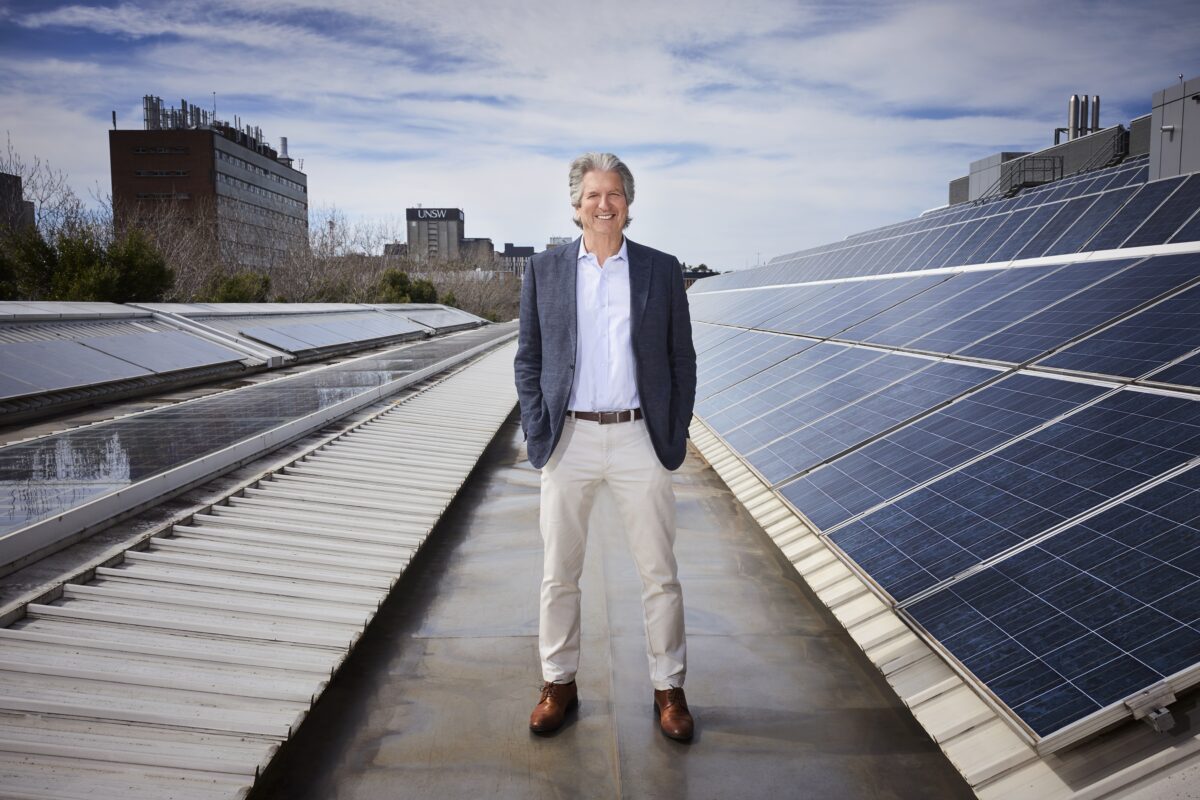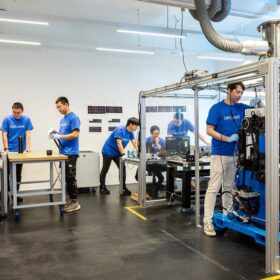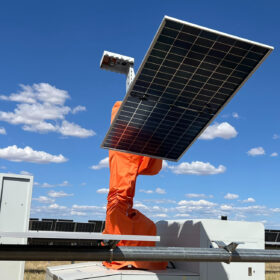Solar panel pioneer and University of New South Wales (UNSW) Australian Centre for Advanced Photovoltaics Director Professor Martin Green has had a new Sydney ferry named after him.
“This recognition is not just personal; it’s a testament to the dedication of my team at UNSW Sydney who have been at the forefront of solar development for half a century,” Green said.
“This year, Australia will generate more than 20% of its entire electricity supply from solar, and this figure will continue to grow rapidly.”
Green noted the ferry is future proofed by allowing for conversion to electric propulsion.
“I eagerly await the day when the Sydney fleet is completely electric and fuelled by solar power, enhancing the sustainability and environmental friendliness of public transport in our city,” Green said.
“I never imagined I would one day have a ferry named after me—what an incredible honour!”
Green is renowned for pioneering solar technology development in Australia and is often described as the father of modern photovoltaics.
Over a 50-year career at UNSW Sydney he has led the development of the Passivated Emitter and Rear Cell (PERC) – the world’s most commercially viable and efficient silicon solar cell technology.
Today, his PERC technology is used in the production of more than 90% of the world’s solar energy.
Fifty years on from when he started, Green is still at the forefront of clean energy technology, continuing to work on new ways to drastically improve the efficiency of solar cells.
The Martin Green was built in Hobart and covered her 630 nautical miles in three days to reach Sydney prior to its official launch.
NSW Transport Minister Jo Haylen said it was fitting the vessel is named after Green.
“This ferry has arrived ready to be converted to electric operation in the coming years, so one day, The Martin Green could be charged at a wharf using the very solar cell technology that Professor Martin Green played such a key role in developing.”
This content is protected by copyright and may not be reused. If you want to cooperate with us and would like to reuse some of our content, please contact: editors@pv-magazine.com.








By submitting this form you agree to pv magazine using your data for the purposes of publishing your comment.
Your personal data will only be disclosed or otherwise transmitted to third parties for the purposes of spam filtering or if this is necessary for technical maintenance of the website. Any other transfer to third parties will not take place unless this is justified on the basis of applicable data protection regulations or if pv magazine is legally obliged to do so.
You may revoke this consent at any time with effect for the future, in which case your personal data will be deleted immediately. Otherwise, your data will be deleted if pv magazine has processed your request or the purpose of data storage is fulfilled.
Further information on data privacy can be found in our Data Protection Policy.